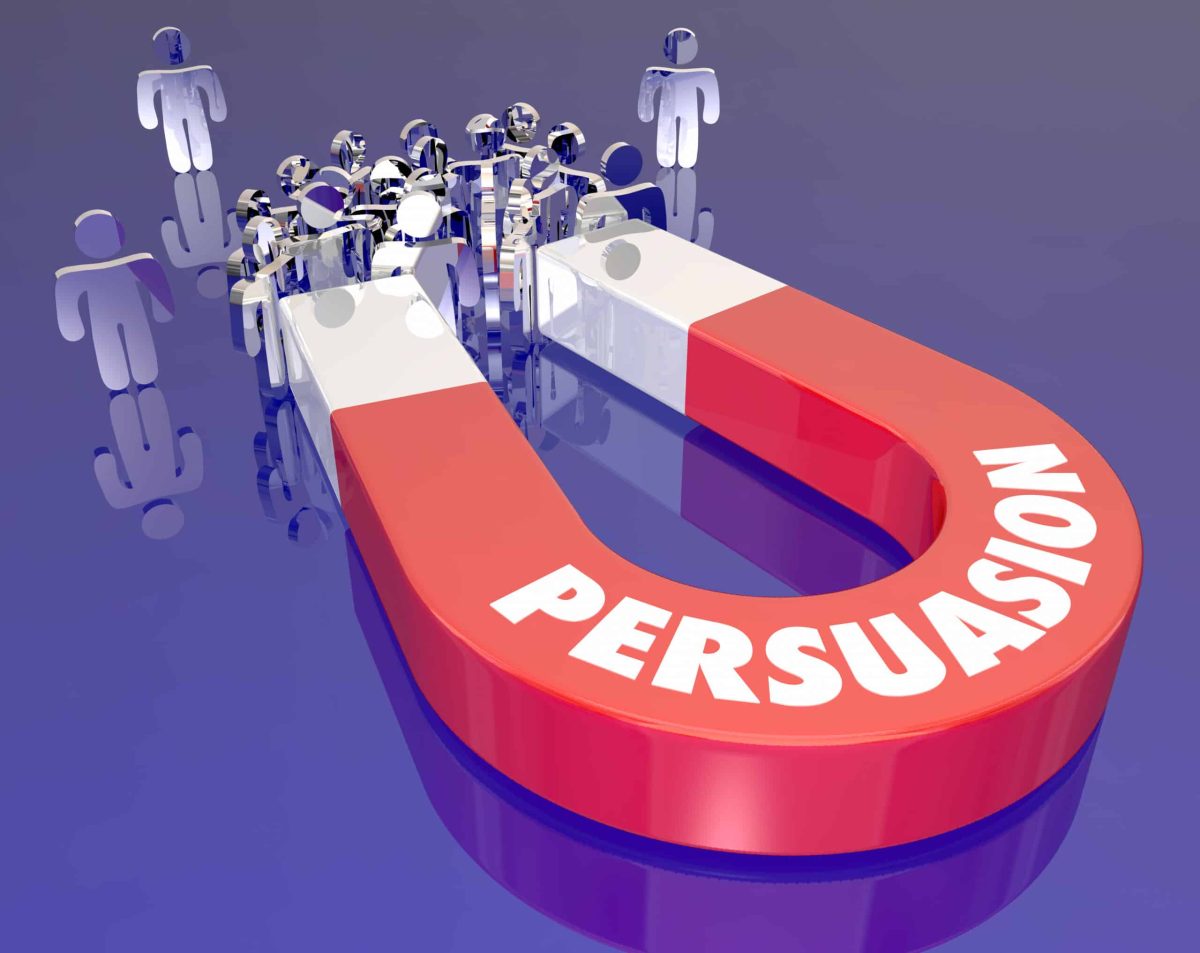Think of the last time a headline stopped you in your tracks—chances are, a carefully placed word made all the difference. Power Words can spark emotion, catch attention, and nudge people into action. Research backs it up: adding Power Words to headlines has been shown to lift click-through rates by as much as 30%. As we explore the world of Power Words together, you’ll unearth the keys to writing messages that pull readers in, forge bonds, and influence results.
Whether you’re shaping an ad, telling a story, or sending a quick email, Power Words help your message pack a punch. Ready to see what makes them tick—and how to weave them naturally into your own work? Let’s get started and learn how to make your words work harder for you.
Table of Contents
1. What Are Power Words?
2. The Science Behind Power Words
3. Why Power Words Matter in Communication
4. Types of Power Words
5. Power Words in Marketing and Advertising
6. Common Mistakes When Using Power Words
7. How to Choose the Right Power Words
8. Practical Exercises to Master Power Words
What Are Power Words?
Definition and Overview
Power Words are those phrases that stir emotion, paint a vivid picture, or inspire action. They make you pause, feel, or even act on impulse. Think of phrases like “limited time offer” or “exclusive deal”—suddenly, you feel the clock ticking. Words such as “luxurious” or “premium” conjure images of high quality. Picture a charity campaign that leaned on words like “help” and “support”—millions raised, all fueled by language that resonates.
Power Words aren’t just about persuasion; they’re about building rapport and showing empathy through influential vocabulary. When you choose your language wisely, you gain trust and connect on a deeper level. As you continue, you’ll learn how these words can inspire, motivate, and quietly influence those you reach.
Historical Origins
People have been harnessing the force of persuasive language since Aristotle’s time—he wrote at length about rhetoric and emotional appeal, laying the groundwork for effective copywriting techniques. Over centuries, our understanding has grown, blending lessons from psychology and advertising. One shining example: Dr. Martin Luther King Jr.’s “I Have a Dream” speech, where every word was chosen to uplift, rally, and inspire.
According to Dr. Robert Cialdini, an expert in the field of influence and persuasion, “The key to using Power Words effectively is to understand the psychological principles that drive human behavior.”
The journey through history shows us the influence of language, shaping opinions and prompting change. From ancient forums to today’s digital campaigns, the lasting effect of words continues to guide human behavior.

The Science Behind Power Words
How Power Words Influence Emotions
Power Words can spark real changes in the brain—dopamine levels rise, and feelings like trust or motivation are triggered. Certain words, like “free” or “new,” ignite excitement. One experiment found that simply saying “smile” in a message made recipients feel happier and more open to the sender.
Emotional ties are the bedrock of good communication; they lay the groundwork for trust and connection. With the right words, you can reach your audience at a deeper level, crafting messages that are hard to ignore.
Key Characteristics of Power Words
Some of the key characteristics of Power Words include:
- Emotional resonance
- Ability to evoke vivid imagery
- Prompting action or movement
- Building trust and rapport
- Creating a sense of urgency or scarcity
By incorporating these characteristics into your language, you can create messages that truly resonate with your audience.
Why Power Words Matter in Communication
Impact on Reader Engagement
When Power Words are sprinkled into your content, readers linger longer and interact more. Headlines that pack a punch can hike engagement by nearly a third. This is particularly effective in power words marketing, where consider news sites that use phrases like “breaking” or “exclusive”—immediately, there’s a sense of urgency and importance.
Storytelling benefits, too. Power Words help you capture attention fast and keep readers on the hook. With practice, you’ll find your words drawing more eyes—and holding them.
Boosting Emotional Response
Power Words stir feelings that make people remember and share what they’ve read. Brand loyalty often starts with emotion; words like “love” or “passion” invite readers into a story they want to be part of. That’s how you build a loyal following.
Choosing Power Words that complement the emotion you want to evoke is a subtle art. The right choice inspires action—and keeps people coming back for more.
Automate Conversions, Instantly Turns Traffic Into Leads & Sales
Don’t let visitors slip away! Quickly grow your subscriber list, attract more leads, and drive up sales with our AI-powered lead generation solution
Types of Power Words
Emotional Power Words
These are the words that make us feel—whether it’s joy, trust, or urgency. “Amazing,” “unbelievable,” and “heartwarming” draw us in and make stories stick. From ad campaigns to bedtime tales, emotional Power Words build a genuine connection.
But there’s a catch: they must feel real. Forced emotion can break trust. Use them with care, and they’ll become your secret weapon for motivation and inspiration.
Power Words in Different Contexts
| Context | Example Power Words | Effect |
|---|---|---|
| Marketing | Limited, Exclusive, Free | Creates a sense of urgency and scarcity |
| Storytelling | Imaginative, Vivid, Emotional | Draws the reader into the story |
| Social Media | Engaging, Interactive, Shareable | Encourages interaction and sharing |
By understanding the different contexts in which Power Words can be used, including power words that resonate with your audience, you can tailor your language to achieve the desired effect.
Power Words in Marketing and Advertising
Improving Click-Through Rates
Headlines, titles, and meta descriptions laced with Power Words catch attention—and clicks. Numbers don’t lie: even a small tweak can lift click-through rates by up to 30%. Want proof? Look at successful digital ads: their language is punchy, urgent, and irresistible.

A/B testing is your ally here; it helps you see, in real time, which words move your audience. Use that feedback, and you’ll keep refining your approach for even better results.
Common Mistakes When Using Power Words
Overuse and Its Consequences
It’s tempting to sprinkle Power Words everywhere, but too much can backfire. Overuse leads to skepticism or even annoyance—think of it as seasoning: a little goes a long way.
Finding the balance takes practice. Use Power Words with restraint for messages that feel sincere rather than overwhelming.
How to Choose the Right Power Words
Understanding Your Audience
Dive deep into your audience: their likes, dislikes, hopes, and headaches. The better you know them, the easier it becomes to choose words that resonate. Surveys, interviews, and even a little social media sleuthing can yield valuable insights.
As you gather this knowledge, you’ll be able to craft messages that not only speak to your audience, but also inspire them.
Practical Exercises to Master Power Words
Headline Rewriting Challenge
Take a dull headline and give it a makeover using Power Words. Compare your before-and-after versions; you’ll see just how much a word or two can boost engagement.
Try this exercise often—it sharpens your instincts and gives real-world proof of what works.
Conclusion and Key Takeaways
Power Words quietly shape the way we communicate, market, and tell stories. By learning to use them well, you can craft messages that stick, drive action, and inspire real change. Keep your finger on the pulse of language, and you’ll always have an edge in reaching your audience.
Remember: use Power Words thoughtfully and authentically, tune in to your audience, and never stop testing new approaches. These simple habits will help you become a more persuasive communicator, ready to seize every opportunity language can offer.
Why wait? Start experimenting with Power Words in your next project. With practice and a dash of curiosity, you’ll soon find your words opening doors—and leaving a lasting mark on everyone who reads them.
 What are Power Words and How to Use Them?
What are Power Words and How to Use Them? Conversion Optimization Techniques for Beginners
Conversion Optimization Techniques for Beginners